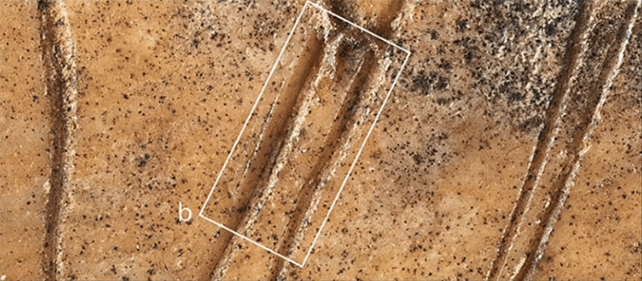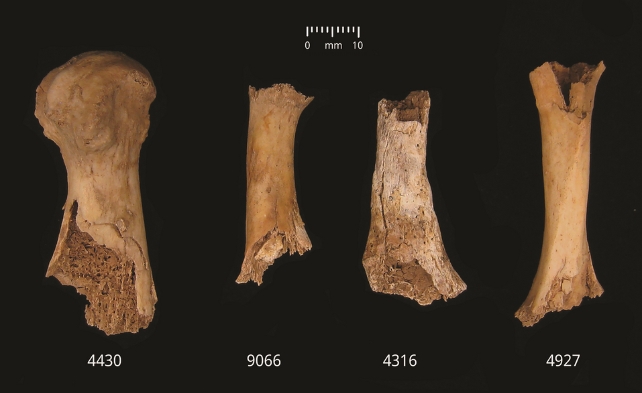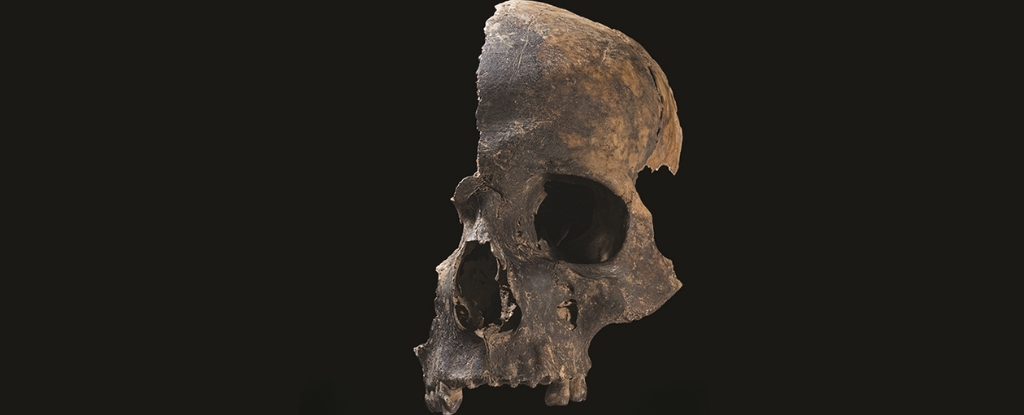A study of early Bronze Age bones in Britain has revealed a shockingly violent and barbaric end for dozens of unfortunate individuals.
The remains, excavated from the Charterhouse Warren site in southwest England, show evidence of close quarters blunt force trauma, dismemberment, and cannibalism, all of which took place before the bodies were thrown down a 15-meter (49-foot) shaft.
It’s evidence of “a level and scale of violence that is unprecedented in British prehistory,” according to the international team of researchers behind the study – and raises plenty of questions about what actually went on here.
“We actually find more evidence for injuries to skeletons dating to the Neolithic period in Britain than the Early Bronze Age, so Charterhouse Warren stands out as something very unusual,” says archaeologist Rick Schulting, from the University of Oxford in the UK.
“It paints a considerably darker picture of the period than many would have expected.”
The team studied more than 3,000 bone fragments in total, making up the skeletons of at least 37 individuals. It’s thought the bones are all from one single violent event, dated somewhere between 2210 and 2010 BCE.

Together with skulls showing cracks and holes, the researchers also found signs of cuts and breaks made at the time of death – with those cuts in particular suggesting that some body parts made have been eaten by the killers.
These are not bodies that were treated with respect and carefully laid out in graves. Chemical analysis suggests these were all local people rather than outsiders, while there’s little evidence that these people were involved in a fight – pointing to them being caught by surprise in some kind of horrible massacre.
Plenty of cattle bones can be found at the same site, which suggests these victims weren’t executed out of a desperate need for food. The researchers think eating the flesh of the dead may have been a way to ‘other’ them – to dehumanize and treat them like animals.
“The factors contributing to such violence remain unclear but the event may have been part of a spiralling cycle of revenge arising from social and political pressures within or between early Bronze Age communities, and hence may have had both antecedents and consequences,” writes the team in their published paper.
There’s some evidence of a plague in Britain at this time as well, which may have heightened social tensions and conflict between different parts of this community – though of course it’s hard to assess intention after so many years.
“We’re still unsure whether, and if so how, this is related to the violence at the site,” Schulting explains.

As grim as these findings are, they have a lot to teach us about the society of the time.
“Charterhouse Warren is one of those rare archaeological sites that challenges the way we think about the past,” says Schulting.
“It is a stark reminder that people in prehistory could match more recent atrocities and shines a light on a dark side of human behavior. That it is unlikely to have been a one-off event makes it even more important that its story is told.”
The research has been published in Antiquity.





